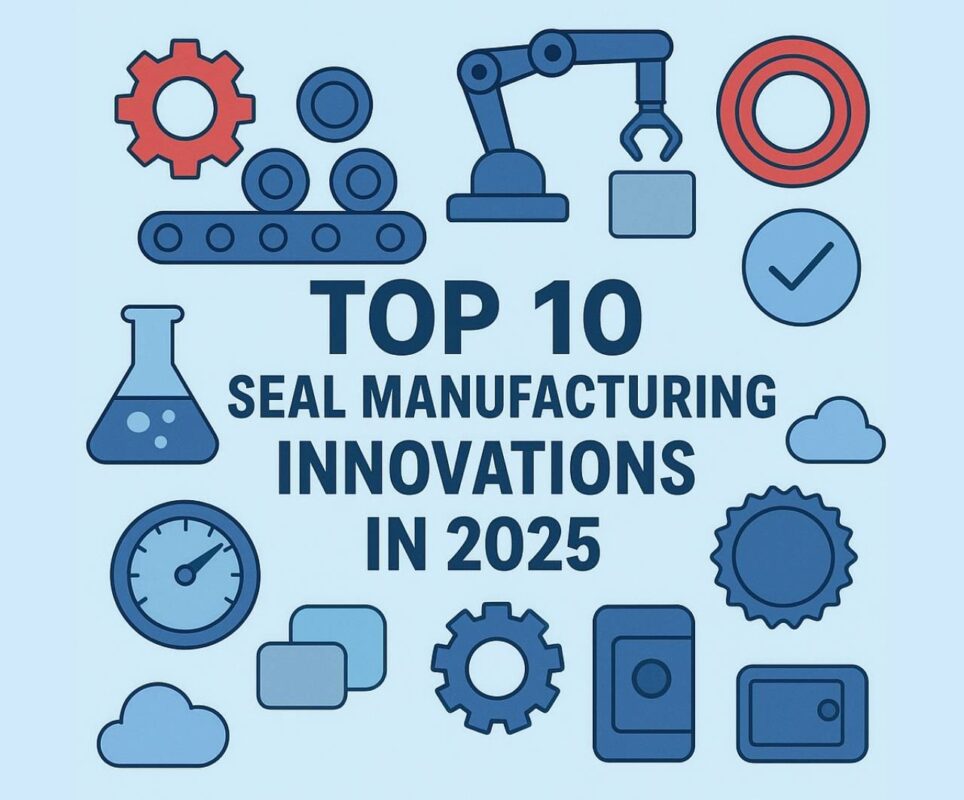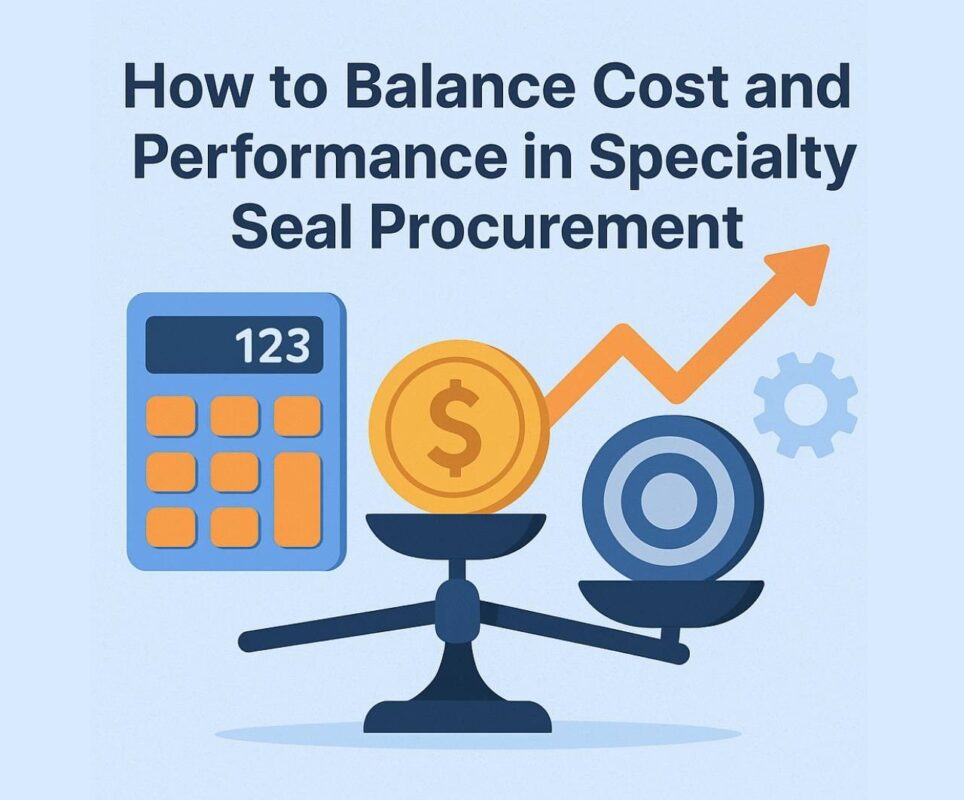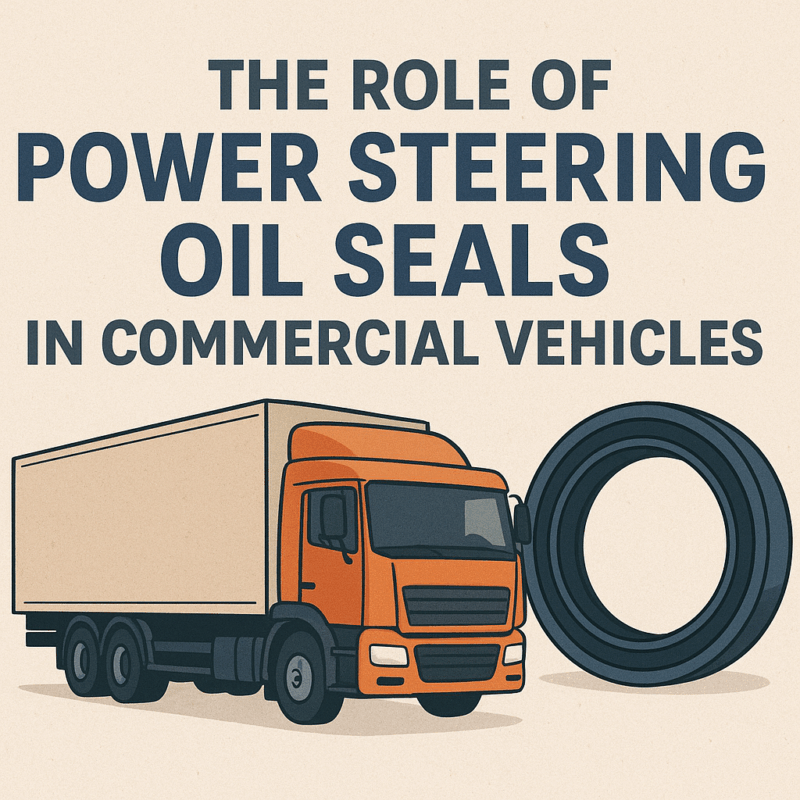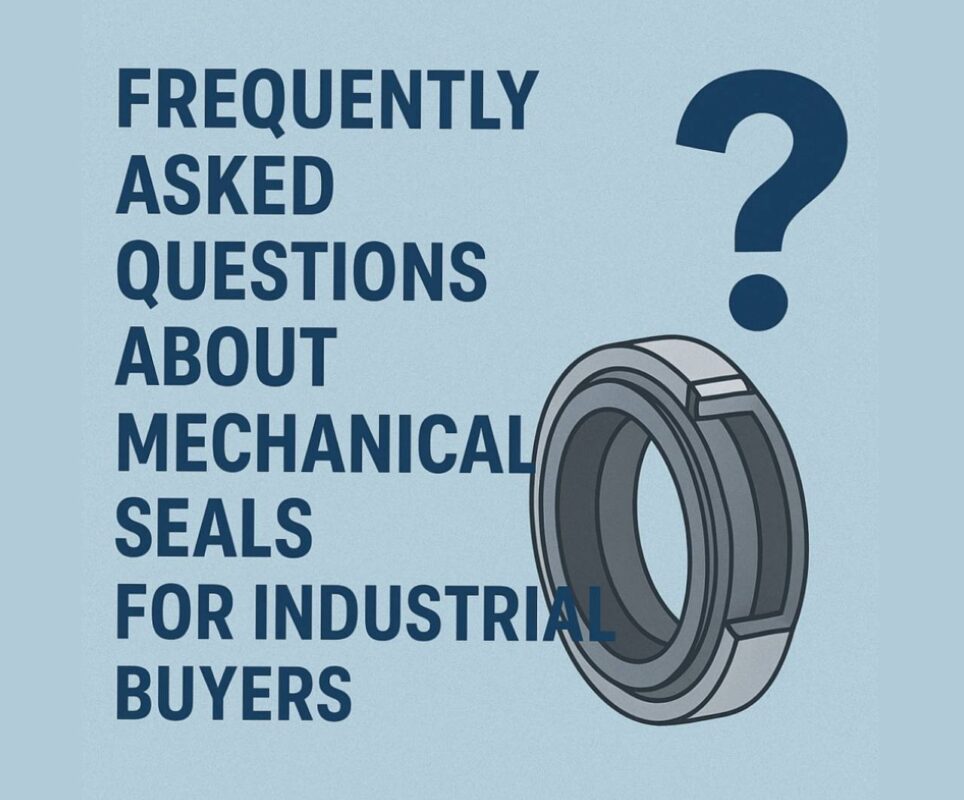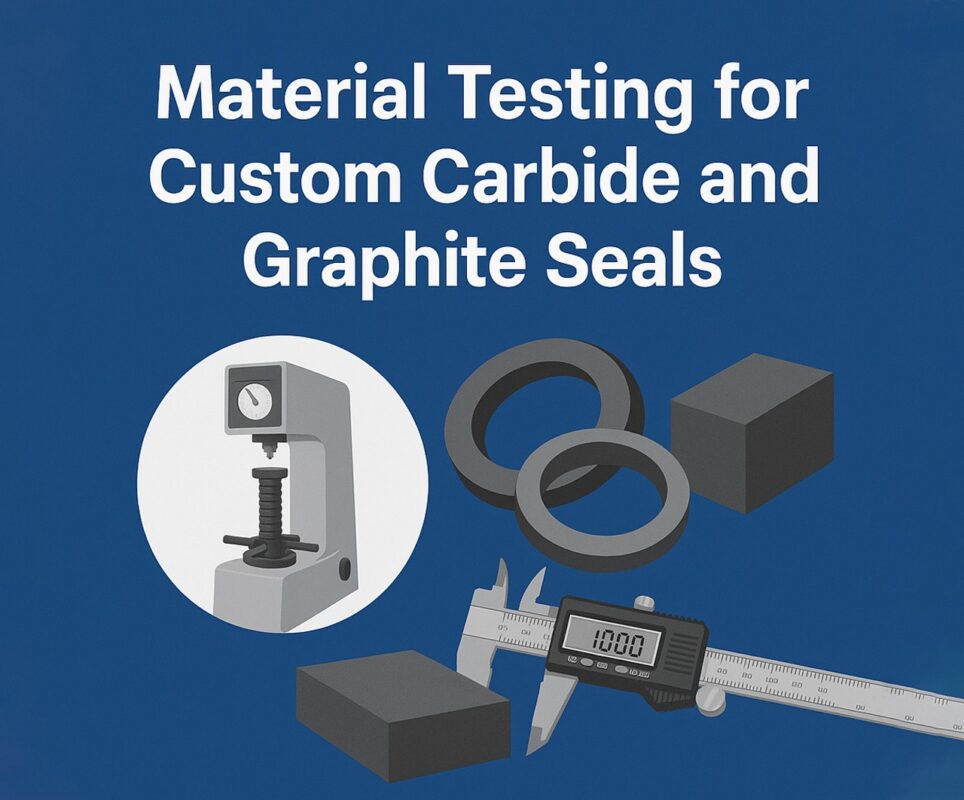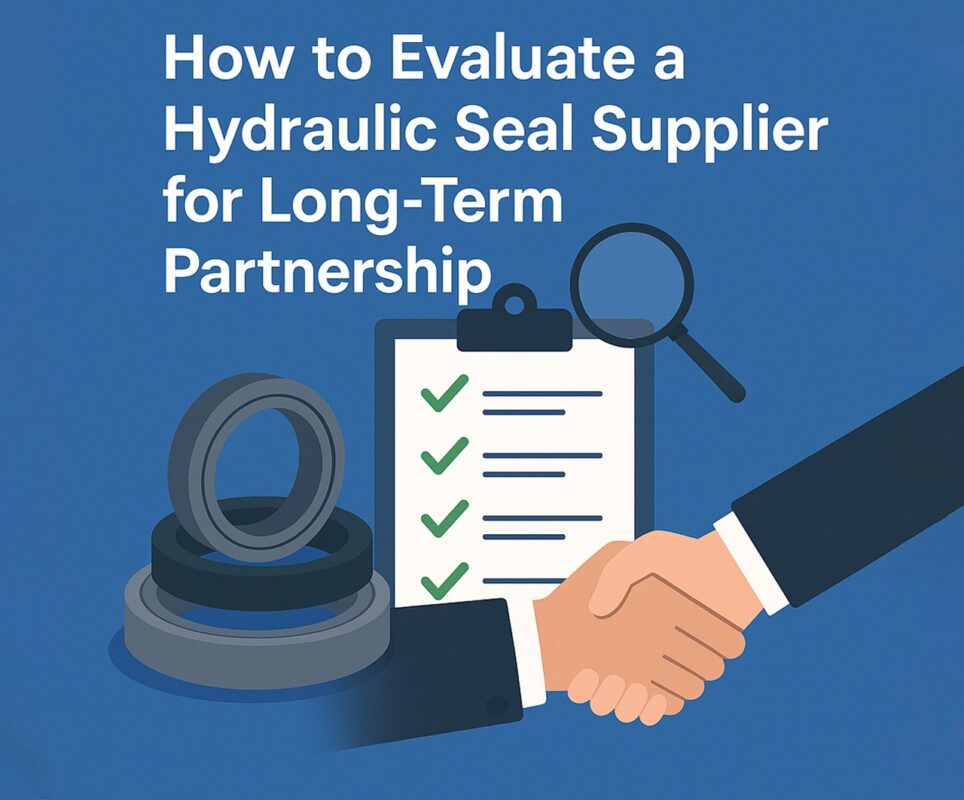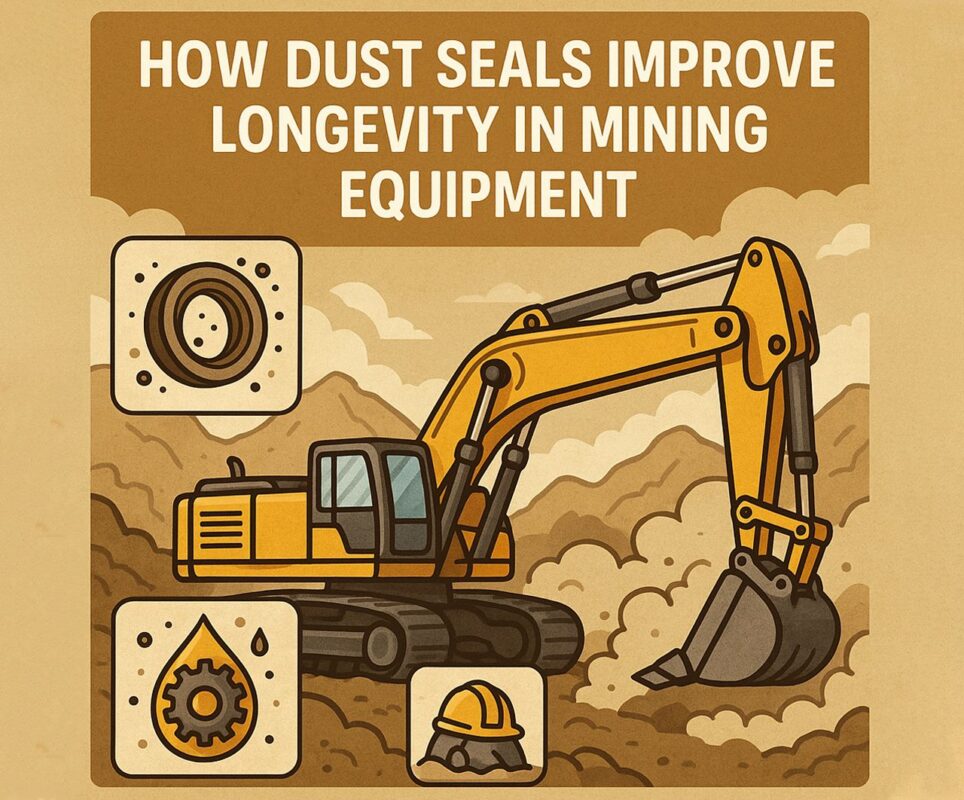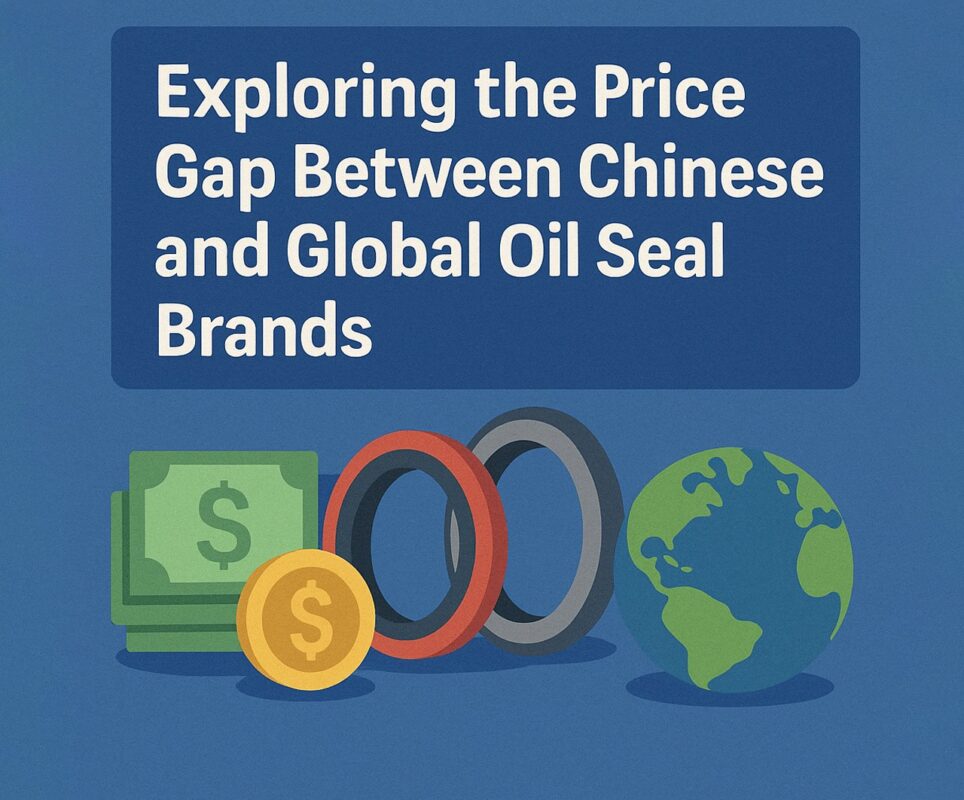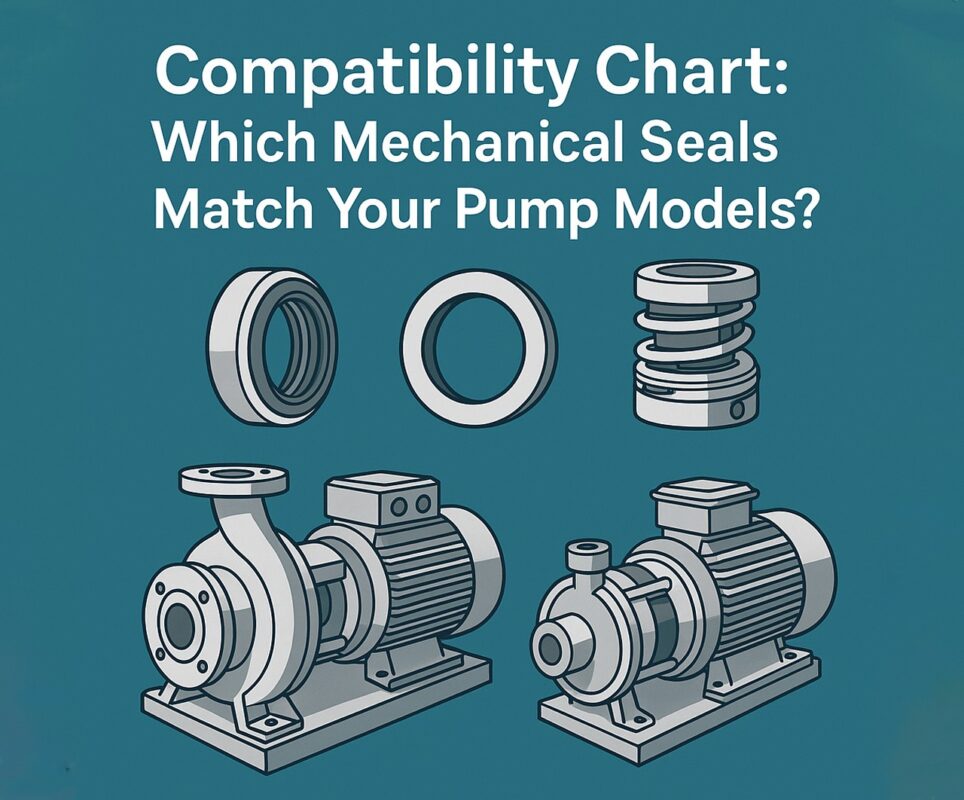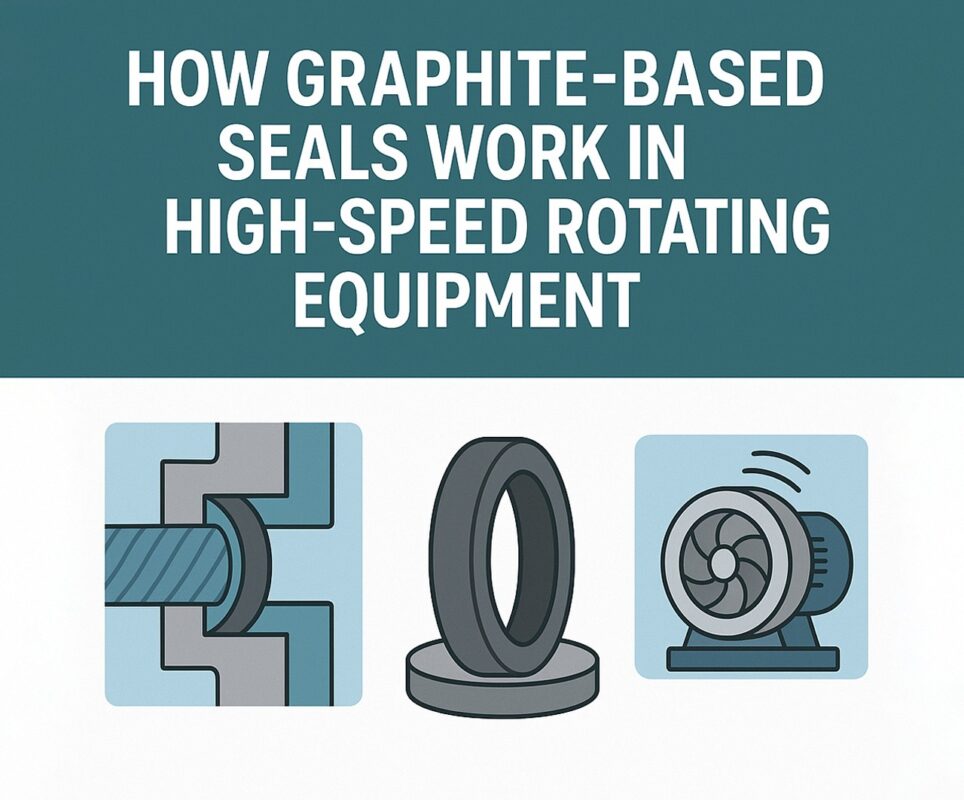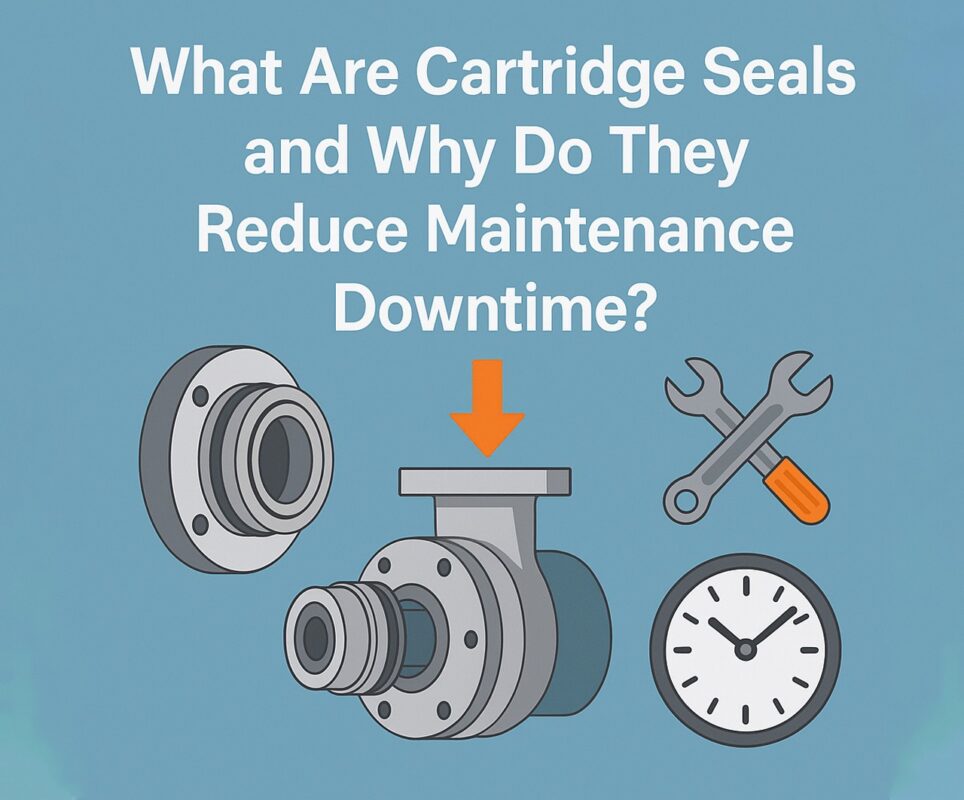For wholesalers catering to industrial maintenance, repair, and operations (MRO) buyers, stocking the right mechanical seals can be the difference between a one-time sale and a repeat customer. This stocking guide emphasizes the importance of having essential items readily available—whether it’s a type 21 mechanical seal, a hard-to-find 5/8 mechanical seal, or a widely used 1.375 mechanical seal. Having the right size and specification on hand ensures you meet urgent customer demands without delay.
This guide is built specifically for distributors, aggregators, and wholesalers who want to stock smart—not just deep. Learn which mechanical seals provide the best turnover, where industry demand is shifting, and how to future-proof your inventory. Know more..
Why Inventory Strategy Matters for Mechanical Seals
Mechanical seals are not one-size-fits-all. They vary by shaft diameter, housing dimensions, spring type, pressure rating, face material, and media compatibility. But some standards do rise to the top.
For example, a type 21 mechanical seal is one of the most frequently requested universal designs. Meanwhile, fractional shaft sizes like the 5/8 mechanical seal remain essential for smaller pumps in agriculture and food service. And the 1.375 mechanical seal is a staple in mid-range industrial applications, from chemical processing to municipal water systems.
When wholesalers stock these popular options, they reduce lead times, serve more industries, and win customer loyalty.
Top Mechanical Seals Every Wholesaler Should Stock
1. Type 21 Mechanical Seal
- Why stock it: Interchangeable with John Crane’s Type 21, this is the most recognized elastomer bellows seal in the world.
- Industries: HVAC, wastewater, food and beverage, agriculture
- Seal face options: Carbon, Silicon Carbide, Tungsten Carbide
- Sizes to stock: 0.5″ to 2.5″ shaft sizes
Pro tip: Include Viton, EPDM, and Buna variants to serve a range of fluid compatibilities.
2. 5/8 Mechanical Seal
- Why stock it: A go-to for fractional horsepower pumps, commonly used in compact systems and portable applications.
- Industries: Agriculture (irrigation), small commercial food pumps, laboratory equipment
- Common configurations: Single spring, O-ring mounted, stainless steel housing
- Face materials: Carbon/Ceramic or Silicon Carbide/Carbon
Pro tip: Include kits that bundle the 5/8 seal with shaft sleeves and backup O-rings to offer added value.
3. 1.375 Mechanical Seal
- Why stock it: A sweet spot size for heavy-duty centrifugal and process pumps.
- Industries: Oil & gas, pulp & paper, chemical manufacturing, municipal water treatment
- Seal types: Balanced and unbalanced cartridge seals, multiple spring or wave spring configurations
- Materials: Silicon Carbide faces and Viton elastomers for chemical resistance
Pro tip: These seals are often used in ANSI and API pumps—carry OEM-compatible options.
Additional High-Demand Seal Types
While type 21 mechanical seal, 5/8 mechanical seal, and 1.375 mechanical seal are must-haves, wholesalers should also consider:
- Type 1 and Type 2 mechanical seals for legacy pump systems
- Cartridge seals for quick-install industrial applications
- Double seals for hazardous or abrasive fluid systems
- OEM replacement kits for Grundfos, Goulds, Taco, and Bell & Gossett
Material Guide: Matching Elastomers to Industry Needs
| Material | Best For | Keep in Stock? |
| Buna-N (NBR) | General-purpose water, oils | ✅ Yes |
| EPDM | Steam, hot water, food-grade | ✅ Yes |
| Viton (FKM) | Fuels, aggressive chemicals | ✅ Yes |
| PTFE | High-end chemical resistance | Optional |
| Silicone | Extreme cold, soft seal | Optional |
Stocking seals in a variety of elastomers ensures you can serve industries from food processing to refineries without special orders.
Buying and Stocking Strategies for Distributors
1. Stock for Speed
Keep your top 20 seal sizes in-house for same-day shipping. Focus on the most in-demand diameters: 5/8”, 3/4”, 1”, 1.125”, 1.25”, 1.375”, and 1.5”.
2. Bundle Value Kits
Offer bundles of mechanical seals with installation tools, backup rings, and sleeves. This adds margin and improves customer loyalty.
3. Segment by Industry
Designate inventory zones for different industries:
- Sanitary/food-grade seals
- Chemical seals
- General-purpose pump seals
This makes it easier for your team to pick and ship accurately.
4. Private Label Options
Many wholesalers are now offering private label versions of universal seals like the type 21 mechanical seal. This builds brand equity and often improves margins.
Forecasting Trends for 2025
- OEM compatibility matters more than ever. Contractors want drop-in replacements that work without modification.
- Chemical-resistant seals (Viton, PTFE, SiC) are gaining traction as fluid diversity increases.
- Digital ordering integration with eCommerce platforms is crucial for reorders.
- Custom labeling and barcode tracking are becoming standard for warehouse and field management.
Reducing Returns and Increasing Accuracy
To keep mechanical seal returns low:
- Include a sizing chart or compatibility guide with each order
- Use detailed product descriptions and fluid compatibility info online
- Offer phone support or live chat for first-time buyers
- Include training videos for complex seals like the 1.375 mechanical seal in cartridge form
Real-World Example: Regional Wholesaler Boosts Fill Rate
A pump parts distributor in the Midwest found that 60% of emergency seal orders were for just 12 SKUs. They doubled their inventory of type 21 mechanical seal models in EPDM and added 5/8 mechanical seal kits.
After 90 days:
- Fill rate rose from 82% to 97%
- Return rate dropped by 30%
- Sales of seal-related tools and lubricants increased by 22%
Smart stocking drives performance at every level of distribution.
Final Thoughts
Mechanical seals are one of the most critical yet overlooked parts of pump inventory. When your warehouse includes staples like the type 21 mechanical seal, niche sizes like the 5/8 mechanical seal, and industrial workhorses like the 1.375 mechanical seal, you position your business to meet real-time needs and earn long-term trust.
Stock strategically, rotate inventory often, and keep a sharp eye on industry trends. Your customers rely on speed—and the right seal in hand seals the deal.


